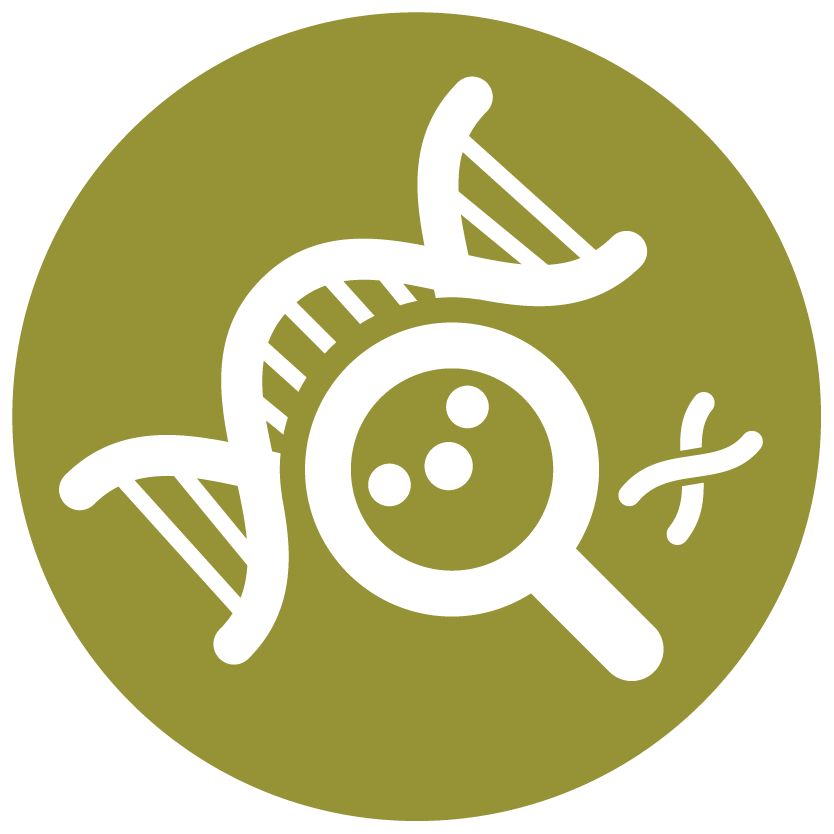Discovery and Basic Research
Hot Topic: The Potential Dark Side of AI for Drug Discovery
-

Sean Ekins, PhD, DSc
CEO
Collaborations Pharmaceuticals, Inc.
Fuquay Varina, North Carolina -

Tamer Fandy, PhD, BCGP, FCP
Professor & Chair, Department of Pharmaceutical & Adminstrative Sciences
University of Charleston
Charleston, West Virginia
Hot Topic Speaker(s)
Hot Topic Moderator(s)
In late 2021 Collaborations Pharmaceuticals Inc., were invited by The Swiss Federal Institute for NBC-Protection—Spiez Laboratory—as part of the ‘convergence’ conference series to present on potential misuses of artificial intelligence (AI) approaches. A quick thought experiment was proposed in which we used our preexisting machine learning models for bioactivity and rat acute LD50 (in order to identify toxic molecules) along with a generative algorithm trained on the ChEMBL database to develop molecules with the aim of assessing if we could produce VX. In 6h we had produced 40,000 molecules including VX, related known analogs as well as thousands of other molecules that looked similar and were drug-like. Many of these molecules scored better than VX. We were very surprised with the ease with which this was possible. We stopped well short of assessing molecule synthesizability, performing synthesis and testing for obvious reasons. We then produced an article on this work that was recently published https://www.nature.com/articles/s42256-022-00465-9. We will address some of the many questions we have faced since, including whether we should have published the work in the first place and our motivations behind it. Our commentary calls for the need for more discussion around dual use in cheminformatics at conferences. These early efforts at using generative approaches indicated the potential scale of the issue with hundreds of companies around the world engaged in using similar approaches for drug discovery. We will offer potential solutions to limit the use of these developing technologies to prevent those with harmful intent from accessing data and models. We will also discuss the implications for open science and the need for teaching of ethics to those using AI. In the process we will propose that we have now created a ‘teachable moment’ for dual use and reiterated the need to be vigilant. We have increasingly powerful software and models that can also be used to design harmful molecules. This has important security implications for the industry
This talk is relevant as most major pharma and hundreds of smaller companies are using such AI tools with little if any thought for potential broad implications or misuse. We need to highlight this so that we can take steps to control access to some data and software across the industry
Learning Objectives:
- understand the potential for dual use of AI tools that are used in the pharmaceutical industry, they will learn what steps can be taken to limit this.
- They will learn how AI tools can be potentially misued in the industry and what to watch for.
- They will learn the ethical implications of AI.
- Understand the need to assess dual use potential for technologies we take for granted.
- Understand the scale of the potential for misuse of AI.


